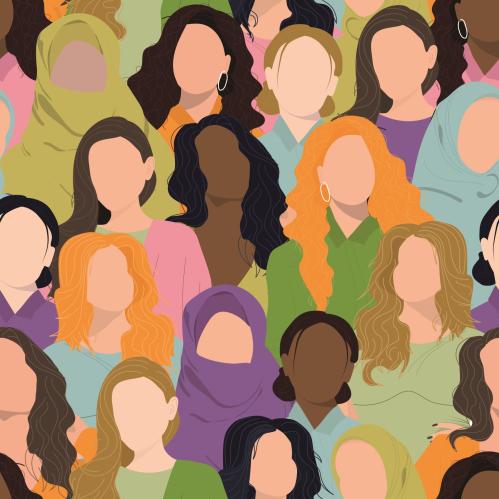Amid the economic distress emanating from the United States and Europe, no statistic better captures the broader dynamics of the world economy than the recent World Bank announcement that the first Millennium Development Goal (MDG) to cut extreme poverty by half was met globally in 2010. This was fully five years before the 2015 deadline.
The United Nations also recently declared that the MDG governing access to drinking water has already been achieved. While many of the world’s most prosperous nations are clearly struggling, many of the world’s formerly struggling nations are clearly prospering. Asia has played the driving role in catapulting humanity to these overall anti-poverty successes, but the latest figures show poverty on the decline in every region, including sub-Saharan Africa.
Access to education has been improving dramatically too, as have metrics of health and child survival, even if faster progress is still needed to fully meet the corresponding goals by 2015. The MDGs have played a crucial role in advancing many of these global anti-poverty breakthroughs since they were established as targets in 2000. They have shown a remarkably robust political resonance despite an increasingly strained climate for international cooperation. And they have motivated countless people across government, business, academia and civil society to augment their efforts, spawn new innovations and forge creative new partnerships.
But the global landscape has changed dramatically over the past decade and the goals mark only a midpoint in the challenge of extreme poverty. It is time to start thinking about what to do after 2015. This topic will be at the top of the global policy agenda when the UN convenes its Rio+20 conference next month in Brazil. The event aims to launch a new global vision for sustainability, one that accounts for the emerging environmental, economic and social challenges taking shape around the world.
To that end, a proposal has been floated for new “sustainable development goals” to follow and build on the success of the MDGs. It will be tricky to turn this into tangible outcomes. Doing so will require an appreciation of the factors that have made the MDGs a success, including their deadline-driven focus, simplicity, measurability, ambition and emphasis on partnership.
Some colleagues and I, meeting under the auspices of the World Economic Forum’s Global Agenda Council on Benchmarking Progress, have recently written a paper on related issues. We recommend new goals be anchored in an overarching vision of “getting to zero” on extreme poverty everywhere by 2030.
UN Secretary-General Ban Ki-moon recently announced a high-level panel to tackle these questions over the coming year. He named three co-chairmen who will bring an important cross-section of perspectives: Indonesian President Susilo Bambang Yudhoyono leads a middle-income country facing some of the world’s most complex interplays of economic, environmental and social pressures; Liberian President and Nobel laureate Ellen Johnson Sirleaf, Africa’s first female head of state, is leading a low-income country’s efforts to escape poverty and surmount the legacy of a horrific civil war; Prime Minister David Cameron leads a deficit-strained United Kingdom that has long provided the most prominent MDG leadership among rich economies.
In setting the post-2015 global agenda, Asian voices will have large and growing influence. One reason is realpolitik. A greater share of global income means a greater share of geopolitical voice. A second reason is soft power. When a country makes major progress it provides the influence of inspiration to others. A third factor is more subtle. Many of the fast growing Asian economies are straddling a temporary fence of both receiving and giving international support. They still have significant populations in poverty but also provide ever more skills and resources to promote progress in other countries. They are rejecting old “us” versus “them” paradigms of global development policy, replacing it with a more legitimately inclusive “we”.
Any new framework of goals must also recognise that the world increasingly does not wait on governments. We need goals for everyone who wants them. Why not encourage scientific communities, industry sectors and non-government organisations around the world to set their own respective targets in alignment with an overarching vision to sustainably end extreme poverty? Each can have their own piece of the puzzle.
A generation ago, more than two out of five people in the developing world lived on less than US$1.25 (38 baht) a day. Today the number is down to one in five, with Asia leading the way. Let’s have everyone help find a way to get it to zero everywhere by 2030.



Commentary
Op-edAsia Is Crucial to Ending Poverty
May 28, 2012